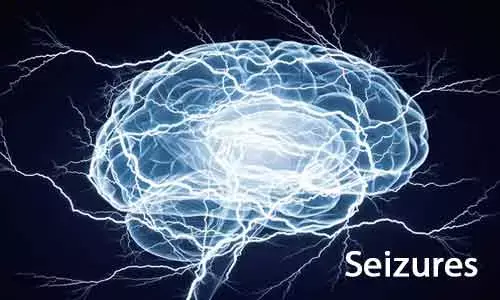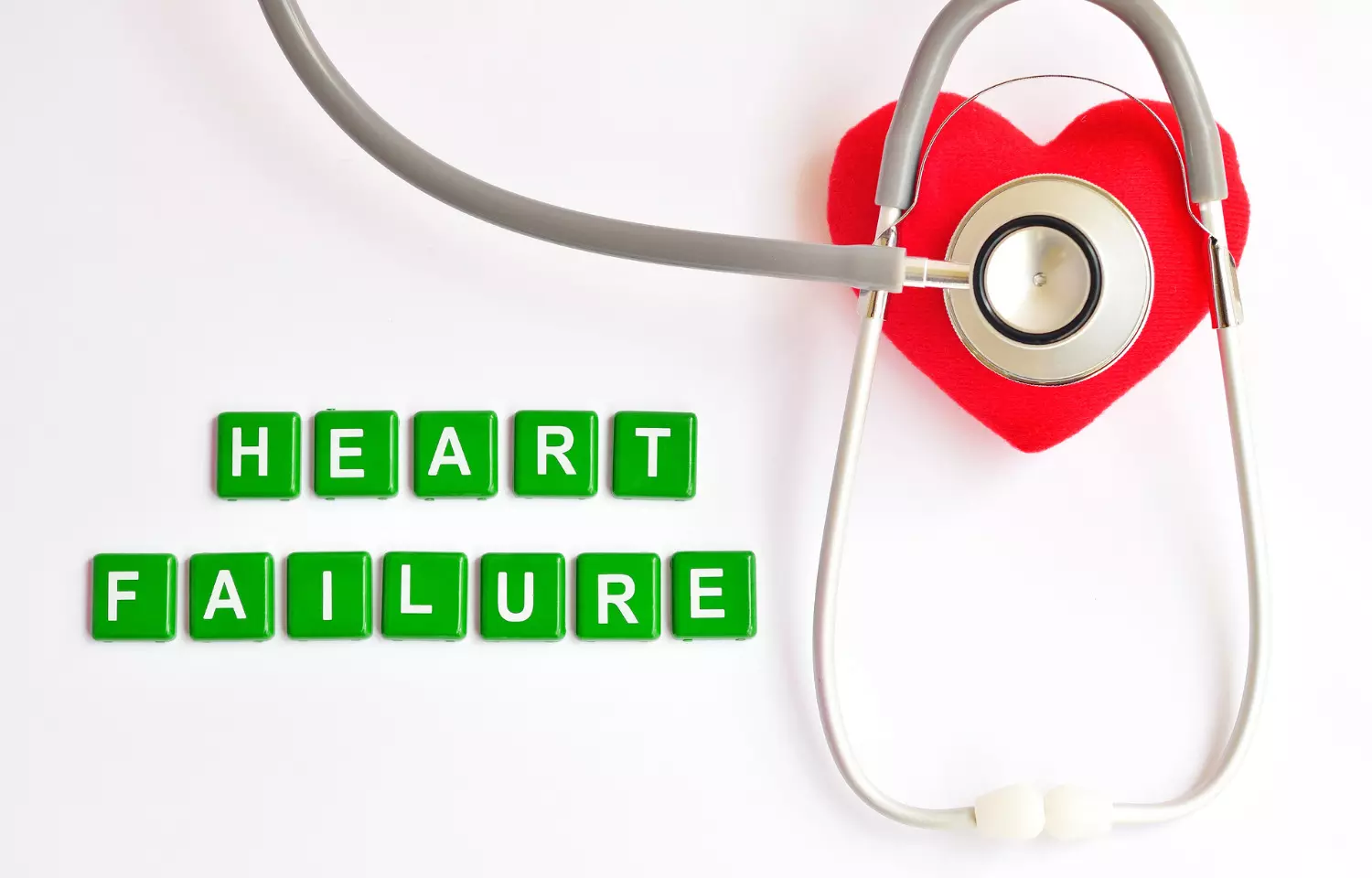- Home
- Medical news & Guidelines
- Anesthesiology
- Cardiology and CTVS
- Critical Care
- Dentistry
- Dermatology
- Diabetes and Endocrinology
- ENT
- Gastroenterology
- Medicine
- Nephrology
- Neurology
- Obstretics-Gynaecology
- Oncology
- Ophthalmology
- Orthopaedics
- Pediatrics-Neonatology
- Psychiatry
- Pulmonology
- Radiology
- Surgery
- Urology
- Laboratory Medicine
- Diet
- Nursing
- Paramedical
- Physiotherapy
- Health news
- Fact Check
- Bone Health Fact Check
- Brain Health Fact Check
- Cancer Related Fact Check
- Child Care Fact Check
- Dental and oral health fact check
- Diabetes and metabolic health fact check
- Diet and Nutrition Fact Check
- Eye and ENT Care Fact Check
- Fitness fact check
- Gut health fact check
- Heart health fact check
- Kidney health fact check
- Medical education fact check
- Men's health fact check
- Respiratory fact check
- Skin and hair care fact check
- Vaccine and Immunization fact check
- Women's health fact check
- AYUSH
- State News
- Andaman and Nicobar Islands
- Andhra Pradesh
- Arunachal Pradesh
- Assam
- Bihar
- Chandigarh
- Chattisgarh
- Dadra and Nagar Haveli
- Daman and Diu
- Delhi
- Goa
- Gujarat
- Haryana
- Himachal Pradesh
- Jammu & Kashmir
- Jharkhand
- Karnataka
- Kerala
- Ladakh
- Lakshadweep
- Madhya Pradesh
- Maharashtra
- Manipur
- Meghalaya
- Mizoram
- Nagaland
- Odisha
- Puducherry
- Punjab
- Rajasthan
- Sikkim
- Tamil Nadu
- Telangana
- Tripura
- Uttar Pradesh
- Uttrakhand
- West Bengal
- Medical Education
- Industry
Cancer risk escalates in children born to epileptic mothers on high-dose folic acid

A new investigation found that there is an increased risk of childhood cancer in children who are born to epileptic mothers taking high-dose folic acid. The study was published in JAMA Neurology.
Epileptic women who are on antiseizure medication are prescribed high-dose folic acid before and during pregnancy to avoid fetal congenital anomalies. Folic acid is very essential for the synthesis and repair of nucleic acids. High levels of folic acid can induce oxidative stress and lead to the development of neoplastic lesions. But there is uncertainty if prenatal exposure to high-dose folic acid increases the risk of childhood cancer. Hence researchers conducted a study to assess the association of high dose folic acid supplementation with childhood cancer.
An Observational cohort study was conducted with nationwide registers in Denmark, Norway, and Sweden from 1997 to 2017. Data was collected by identifying mother-child pairs from medical birth registers and linking the information from the patient, prescription, and cancer registers, along with the sociodemographic information from statistical agencies, and categorized by a maternal diagnosis of epilepsy. After the exclusion of 1,26,711 children because of stillbirth or missing or erroneous values on important covariates, 3,379,171 children were taken as the study population. Maternal prescription fills for high-dose folic acid tablets of ≥1 mg daily between 90 days before pregnancy started and birth were considered. The main outcome was the first onset of childhood cancer at an age younger than 20 years. Cox proportional hazards models were used to calculate adjusted hazard ratios with corresponding 95% CIs, adjusted for potential confounders. Cumulative incidence at the age of 20 years was used as a measure of absolute risk.
Key findings:
- The median age at the end of follow-up in the study population of 3 379 171 children was 7.3 years.
- Among the 27 784 children born to mothers with epilepsy, 5934 (21.4%) were exposed to high-dose folic acid at a mean dose of 4.3 mg.
- There were 18 exposed cancer cases compared with 29 unexposed, producing an adjusted hazard ratio of 2.7, absolute risk if exposed of 1.4%, and absolute risk if unexposed of 0.6%.
- In children of mothers without epilepsy, 46 646 (1.4%) were exposed to high-dose folic acid at a mean dose of 2.9 mg, with 69 exposed and 4927 unexposed cancer cases and an adjusted hazard ratio of 1.1.
- There was no association between children born to mothers with epilepsy who were prenatally exposed to antiseizure medications, but not high-dose folic acid, and an increased risk of cancer.
Take home points:
The study was carried out to find the cancer risk in children born to mothers taking antiseizure medication and high doses of folic acid. The incidence rate of cancer in children of mothers with epilepsy who were prescribed high-dose folic acid was 42.5 per 100 000 person-years compared with 18.4 per 100 000 person-years in children of mothers with epilepsy who were not prescribed. Prenatal exposure to high-dose folic acid was associated with an increased risk of childhood cancer in children born to epileptic mothers taking antiseizure medication.
Further reading: doi:10.1001/jamaneurol.2022.2977
Vegrim HM, Dreier JW, Alvestad S, et al. Cancer Risk in Children of Mothers With Epilepsy and High-Dose Folic Acid Use During Pregnancy. JAMA Neurol. Published online September 26, 2022.
BDS, MDS
Dr.Niharika Harsha B (BDS,MDS) completed her BDS from Govt Dental College, Hyderabad and MDS from Dr.NTR University of health sciences(Now Kaloji Rao University). She has 4 years of private dental practice and worked for 2 years as Consultant Oral Radiologist at a Dental Imaging Centre in Hyderabad. She worked as Research Assistant and scientific writer in the development of Oral Anti cancer screening device with her seniors. She has a deep intriguing wish in writing highly engaging, captivating and informative medical content for a wider audience. She can be contacted at editorial@medicaldialogues.in.
Dr Kamal Kant Kohli-MBBS, DTCD- a chest specialist with more than 30 years of practice and a flair for writing clinical articles, Dr Kamal Kant Kohli joined Medical Dialogues as a Chief Editor of Medical News. Besides writing articles, as an editor, he proofreads and verifies all the medical content published on Medical Dialogues including those coming from journals, studies,medical conferences,guidelines etc. Email: drkohli@medicaldialogues.in. Contact no. 011-43720751




